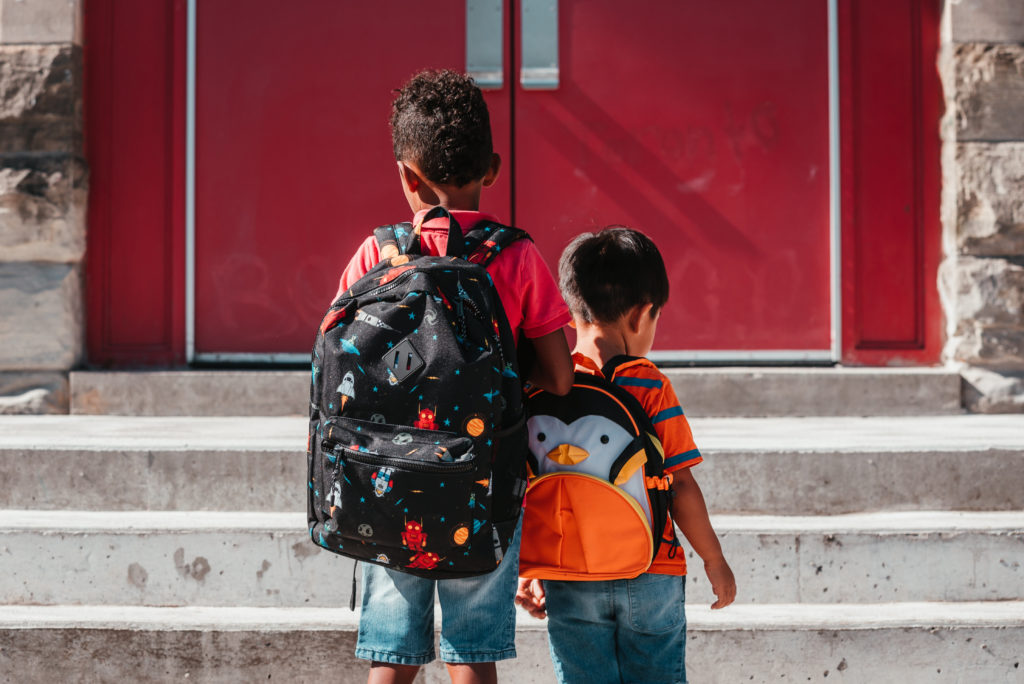In the journey of human development, childhood emerges as a pivotal phase that lays the foundation for a lifetime of learning, growth, and well-being. During these formative years, children are like sponges, absorbing information, experiences, and values that shape their personalities and capabilities. The process of fostering learning and development in children is a multifaceted endeavor that involves not only educational strategies but also a nurturing environment, supportive relationships, and appropriate material resources.
The significance of early childhood learning and development cannot be overstated. It is during this phase that the brain undergoes rapid growth and wiring, creating the neural pathways that facilitate cognitive, emotional, and social skills. Educational experiences during these years greatly impact a child’s potential for future success and well-being.
A conducive learning environment is fundamental to children’s growth. Schools and homes should be spaces that encourage exploration, curiosity, and creativity. Classroom setups with interactive learning materials, comfortable seating, and visually appealing decorations foster engagement. At home, having a designated learning area stocked with age-appropriate books, puzzles, and educational games can greatly enhance a child’s learning experience.
Play is not just a recreational activity; it is a powerful tool for learning. It aids in the development of cognitive, motor, and social skills. Educational toys like building blocks, art supplies, and science kits enable children to learn through hands-on experiences. Play-based learning methods, such as educational games and interactive apps, engage children while imparting knowledge.
Children thrive when they have positive relationships with adults and peers. Teachers, parents, and caregivers play a pivotal role in fostering a child’s learning and development. A nurturing and responsive attitude from these adults promotes emotional intelligence and social competence. Regular communication between parents and teachers ensures that a child’s educational journey is aligned and holistic.
Material resources play a significant role in enriching a child’s learning experience. Books, for instance, are fundamental for reading—a skill that opens doors to knowledge and imagination. Additionally, educational technology, such as tablets or computers with educational apps and interactive learning platforms, can make learning enjoyable and engaging. Art supplies encourage self-expression, creativity, and fine motor skills development. Educational games, musical instruments, STEM kits, and outdoor equipment all contribute to well-rounded growth.
Tailoring education to individual needs ensures that each child receives appropriate challenges and support. Some children might excel in certain subjects while requiring additional help in others. A range of resources, such as tutors, online learning platforms, and personalized learning plans, can be utilized to cater to these varying needs.
Encouraging children to ask questions, explore, and think critically is essential for their development. Open-ended activities that promote problem-solving, experimentation, and inquiry-based learning stimulate cognitive growth. Material resources like science kits, building materials, and logic puzzles foster this type of thinking.
Teaching children that their abilities can be developed through effort, perseverance, and learning from failures instills a growth mindset. This mindset promotes resilience, a willingness to take on challenges, and a belief in one’s potential. Encouraging children to embrace challenges and view mistakes as opportunities for growth is crucial.
While structured learning is important, allowing children to explore their interests independently is equally essential. A balance between guided instruction and self-directed learning empowers children to develop a sense of agency and a love for learning.



